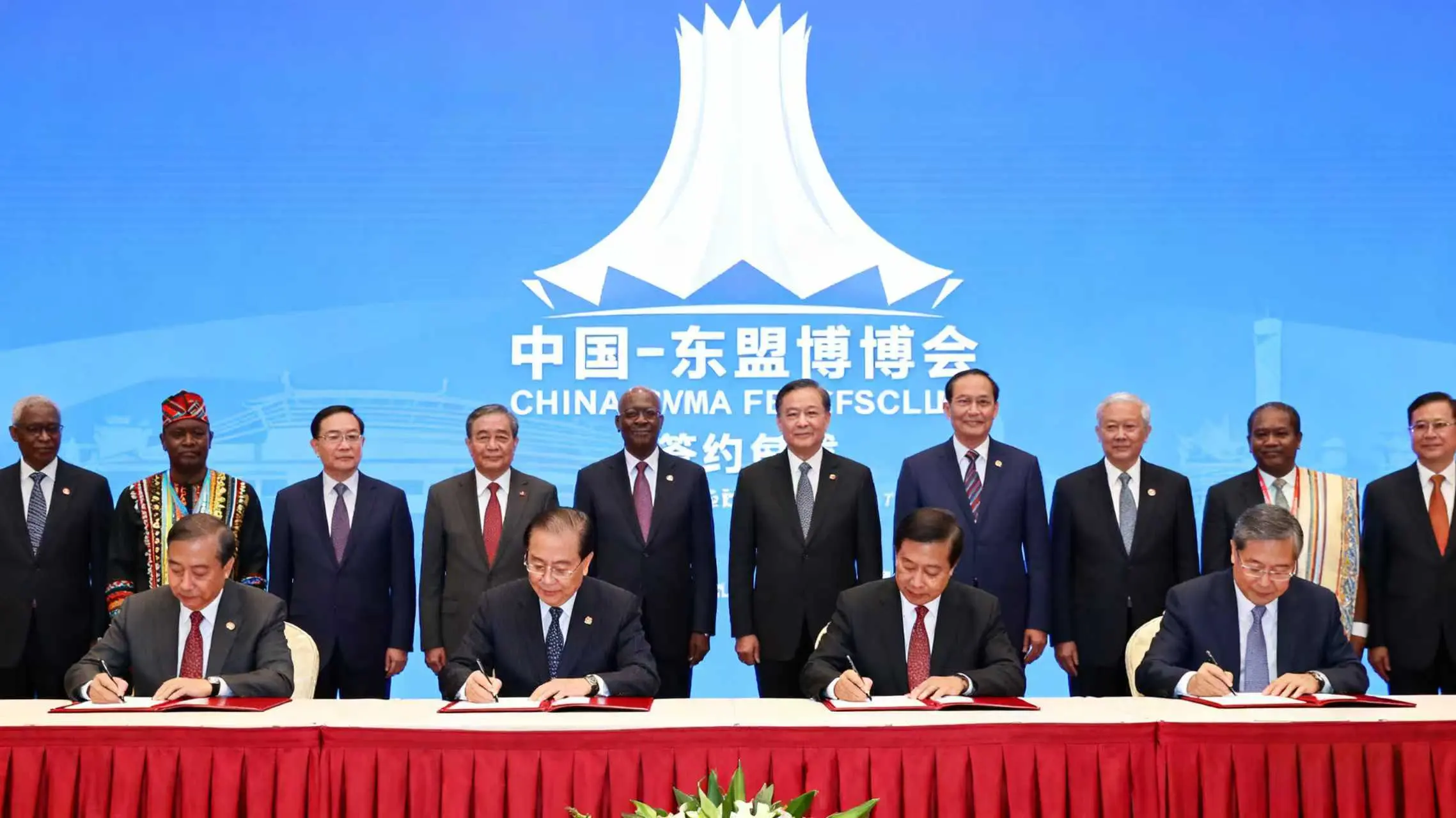Russia restricts WhatsApp use, changing foreign trade communication
Recently, a major piece of news has caused a stir in the internet and foreign trade sectors. The Russian government has officially confirmed that, effective September 1, 2025, it will implement nationwide restrictions on WhatsApp, the messaging app owned by Meta. This measure includes a ban on pre-installing WhatsApp on newly sold mobile devices and will gradually restrict access, downloads, and core functions, such as server connections, on existing devices. This policy will have far-reaching implications for Russian users and foreign trade practitioners doing business with Russia.
Background and Purpose of the Policy
The Russian government's restrictions on WhatsApp were not without warning. Russia has long maintained a strict regulatory approach to cybersecurity and data sovereignty. With the complexities of the international situation and the diversification of cybersecurity threats, Russia is committed to building an independent, controllable, secure, and reliable network environment. As a globally popular messaging app, WhatsApp's data storage and management model, information dissemination mechanisms, and other aspects may conflict with Russia's domestic security needs. From a national security perspective, Russia aims to ensure that its citizens' data is stored domestically so that law enforcement agencies can legally access relevant information when necessary, preventing potential security risks, including the planning of terrorist activities, the dissemination of illegal and criminal information, and other covert operations using encrypted messaging apps. Russia has previously enacted laws requiring internet service providers to store user data within Russia. Many foreign apps that fail to meet these requirements have been restricted or banned from operating in Russia, including WhatsApp.

From the perspective of supporting domestic industries, Russia has consistently strived to promote the development of its domestic technology industry and reduce its dependence on foreign tech giants. Restricting foreign apps like WhatsApp will create space for the development of similar domestic messaging apps and promote the improvement of the local digital economy ecosystem.
Impact on Russian Users
For ordinary users in Russia, the restrictions on WhatsApp will undoubtedly cause inconvenience in their daily communication. Data shows that WhatsApp has a large user base in Russia and occupies a significant position in the communication and social media landscape. Many Russians rely on WhatsApp to stay in touch with friends and family, share daily life, discuss interests and hobbies in groups, and access information. The implementation of this policy has forced these users to seek alternative applications for their communication needs. For business users, especially those relying on WhatsApp for internal communication, customer service, and business development, the impact is even more significant. Changes to communication tools may disrupt internal workflows, and employees will need time to adapt to the new software and communication methods. Regarding customer service, previously established communication channels with customers via WhatsApp are forced to be disrupted, forcing companies to rebuild their relationships with customers. This can lead to decreased customer satisfaction and the risk of losing business. For example, some small foreign trade companies in Russia frequently use WhatsApp for convenient and efficient communication with foreign suppliers and partners. Business processes such as order negotiation and cargo tracking rely heavily on the software. With the WhatsApp restrictions, these companies face stagnation or even disruption in their operations, and urgently need to find new solutions to maintain normal operations.
Impact on Foreign Trade Professionals
For foreign trade professionals doing business with Russia, this policy is a devastating blow. WhatsApp has long been a crucial tool for foreign trade professionals to communicate with Russian clients. During order follow-up, foreign trade professionals use WhatsApp to provide clients with timely feedback on production progress, delivery status, and other information, allowing clients to raise questions and requests at any time, ensuring smooth order processing. During business negotiations, both parties used WhatsApp to conveniently communicate product details, pricing terms, and cooperation intentions, quickly reaching consensus. However, with WhatsApp now restricted, order follow-up efforts may stall, preventing customers from receiving timely order status information, which can easily lead to anxiety and a loss of trust. Business negotiations will also be forced to be interrupted or transferred to other platforms, significantly reducing communication efficiency and increasing the difficulty of collaboration.
For example, Ms. Li, who works in the clothing foreign trade, maintains long-term partnerships with several clothing retailers in Russia and has been communicating with clients via WhatsApp about new clothing designs, fabric selection, order quantities, and other matters. Upon learning of Russia's WhatsApp restrictions, she was distraught: "I'm extremely worried! The fall/winter season is almost here, and I'm still working on the details of a new design I'd agreed upon with a Russian client via WhatsApp. Suddenly, WhatsApp is unavailable. I don't know how to contact the client in a timely manner, and I'm worried they won't be able to find me, potentially ruining the deal."
Foreign trade professionals need to actively adapt communication channels.
With Russia's WhatsApp restrictions, it's imperative for foreign trade professionals to actively seek alternatives. Max Messenger, officially promoted by Russia, has become a key choice. Developed by VK Internet Company, Max Messenger boasts a rich feature set. For instant messaging, it supports one-on-one and group chats, allowing users to send text, voice, emojis, images, and other files. Its design is similar to mainstream messaging apps like WhatsApp and WeChat, making it easy for foreign traders to use. Its powerful audio and video calling features, including voice and group video calls with no time or number restrictions, facilitate real-time communication with clients and resolve business issues. Furthermore, it supports large file transfers, with a single transfer limit of up to 4GB and support for multiple file formats, meeting the needs of foreign trade businesses for transferring large files such as product information and design drawings.

More importantly, Max Messenger will be deeply integrated with Russia's public service platform. Users will be able to use the app to handle passport applications, tax returns, and other matters. This will undoubtedly increase convenience and communication efficiency for foreign traders who frequently engage in business-related processes with Russian clients. Many foreign trade professionals have already begun experimenting with Max Messenger to connect with Russian clients, preparing for new communication channels in advance to mitigate the impact of policy changes.
In addition to Max Messenger, foreign trade professionals can also consider other mainstream international communication apps, such as Skype and Viber. These apps have a wide global user base, offer comprehensive functionality, and can meet basic communication needs. Furthermore, email, a traditional yet reliable communication method, is also a crucial means of maintaining contact with Russian clients. Foreign trade professionals can communicate important business information and updates via email, explaining the new communication channels and guiding clients to switch.
While Russia's restrictions on WhatsApp usage present significant challenges for foreign trade professionals, they are also prompting them to re-examine and optimize communication channels with Russian clients, actively embracing new communication tools and methods, enhancing their business resilience, and seeking new development opportunities in a changing market environment. With September 1st approaching, both foreign trade professionals and Russian clients will enter a critical period of communication transformation. Whether they can successfully transition and adapt to the new communication model will have a significant impact on the future direction of foreign trade business in Russia.










